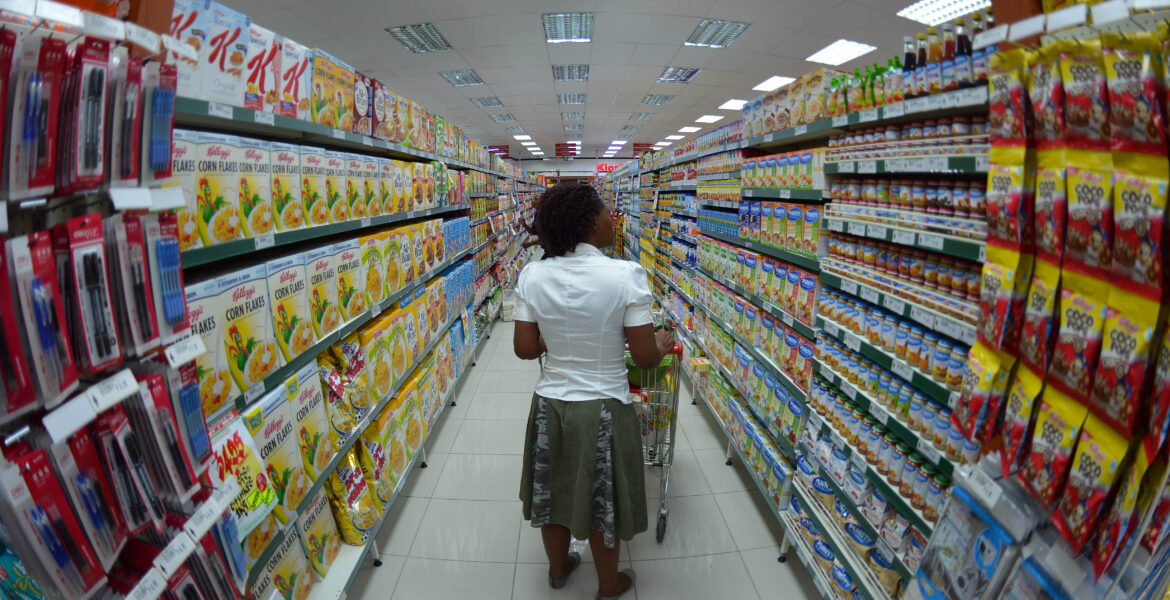KATLEGO RAKOLA
Households are expected to face increased budgetary tensions on their spending with the latest fuel increase that effected on Wednesday last week. The increase means more money will be spent on transportation costs in addition to current inflationary pressures.
The Acting CEO of Botswana Energy Regulatory Authority (BERA), Chawada Machacha, recently announced that the retail pump price of unleaded petrol 93 was increased by P1.26 thebe per litre, unleaded petrol 95 by P1.25 thebe per litre and diesel 50ppm by P1.49 thebe per litre.
Machacha said the fuel price increases was necessitated by a general increase in international oil prices with brent crude oil prices continuing to soar during February 2022. There are also concerns that a war in Europe could disrupt global energy supplies and warnings that possibilities of further economic sanctions on Russia by the US-led NATO pose a threat to global oil supply.
Acting Economist at First National Bank (FNB), Gomolemo Basele, told The Botswana Gazette in an interview that households were already facing pressures such as reduced employment prospects following the State of Public Emergency (SOE). Basele said there have been retrenchments while salaries have generally remained stagnant with no significant wage increase expected in 2022.
Just in December 2021, he added, families had to re-think their spending to accommodate transport costs increasing with the last fuel hike. “This is going to increase pressure on households against the backdrop of no real wage increase expected this year,” said Basele.
On the other side, there are food prices rising, first because of import restrictions to stimulate local production and also because of the fuel increase. Basele pointed out that with transport costs immediate for food suppliers, what the consumer pays will ultimately be determined by how much of the costs businesses can absorb before passing them on to the consumer.
He expects most costs to go up with the latest fuel hike, and these are likely to increase the cost of products and services offered to consumers. However, Basele said there is an expectation that inflation will reduce significantly towards the end of 2023 and come down to around 4%.
“Even though we expert geopolitical tensions to persist between Russia and Ukraine, this is expected to be at reduced intensity, resulting in oil prices coming down,” he said. “That should offer some relief to the inflationary pressures we have been seeing.”
He added that there is an anticipation of things improving over the course of the year because of reduced intensity the COVID-19 pandemic that hampered businesses and the economy in general.

